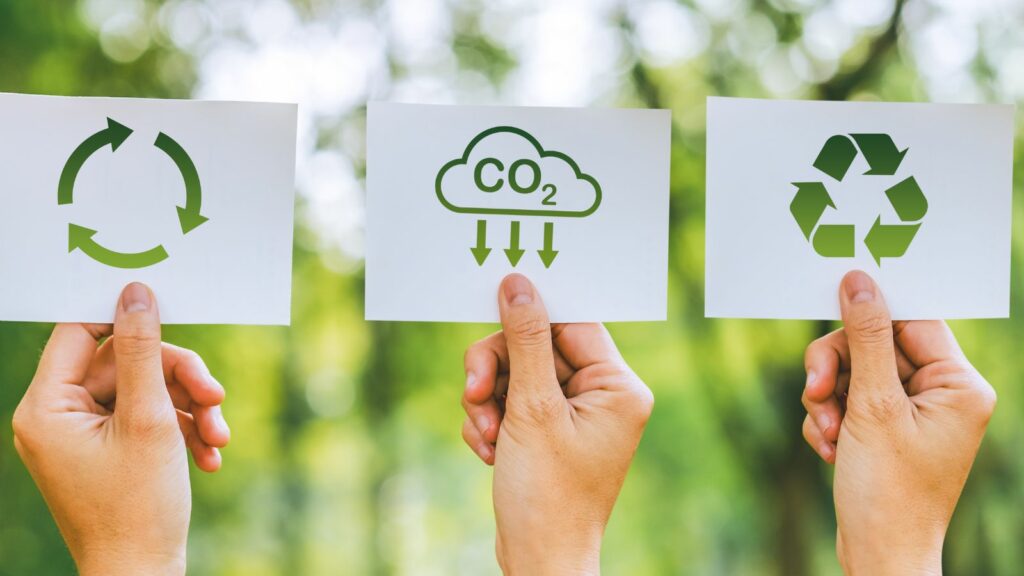Table of Contents
ToggleIn a world where the buzzwords are ‘sustainability’ and ‘eco-friendly’, it’s time to turn the spotlight on sustainable life hacks. These are simple yet effective strategies that not only make your lifestyle greener but also save you money. This article promises to be your guide to a more sustainable lifestyle, offering practical tips that can be seamlessly integrated into your daily routine.
Whether you’re an environmental enthusiast or a newbie to the green scene, these life hacks are designed to make sustainability an effortless part of your life.
Sustainable Life Hacks
Delving deeper into understanding sustainable life hacks, it’s imperative to dissect what they are and why they matter.
Sustainable life hacks refer to easy, daily changes, ones can make, aimed at reducing one’s environmental footprint. Examples include opting for reusable shopping bags instead of plastic ones, cutting down on water usage by taking shorter showers, or choosing locally grown produce to reduce carbon emissions associated with food transport.
Why Are They Important?

Their importance lies in the cumulative effect these actions can have on a global scale. Joining the sustainable living movement doesn’t require monumental efforts. Instead, adopting small, manageable changes in daily routines, for example, replacing regular light bulbs with energy-efficient ones, can lead to considerable energy savings. Another noteworthy point is that sustainable life hacks often align with personal benefits.
This significance is amplified considering the environmental crisis the planet faces, making sustainable life hacks integral to individual contributions towards environmental protection. They present an accessible route to sustainability, regardless of one’s familiarity or experience with eco-friendly practices.
Sustainable Life Hacks in Daily Routines

Living sustainably is not an onerous task, but it’s more about the integration of manageable and eco-conscious habits into daily lifestyle. Emphasizing on personal conservation practices, this section highlights how one can make a difference starting from their home.
Home, more than just a dwelling place, presents various opportunities to conserve energy. Turning off the lights when leaving a room appears rudimentary, but it’s a habit that goes a long way in saving energy. Prefer to exploit natural light during daytime—it not only reduces electricity consumption, but also provides health benefits. Additionally, unplugging electronics when not in use helps, as some appliances consume power even when turned off.
For example: replacing five most frequently used lights with LED bulbs saves approximately $75 per year. Opting for energy star-rated appliances rewards with efficient energy consumption in the long run.
Water Usage Reduction Techniques
Water, one of life’s essential resources, demands respect in its usage. Decreasing water usage isn’t about sacrificing necessities, it’s about making more informed choices. Indulge in short showers instead of long baths—showering for 5 minutes uses about 10-25 gallons of water, as compared to 70 gallons used by a single bath. Check for leaks regularly. Those negligible drops can add up, causing a substantial loss over time. Also, consider installing a low-flow showerhead, which uses less water per minute than regular showerheads.
Sustainable Eating Habits
Prolonging the sustainability shift, our next focus is sustainable eating habits, a crucial yet often overlooked area of day-to-day life. Let’s look at a couple of actionable steps, namely choosing local and seasonal foods and reducing food waste, to influence sustainable choices on your plate.
Choosing Local and Seasonal Foods

Buying locally-sourced and seasonal foods serve as significant steps forward in sustainable living. These choices aid in reducing the carbon footprint, principally associated with transportation and cold storage. In fact, the Natural Resources Defense Council (NRDC) reports that food travels an average of 1,500 miles to reach consumers.
Food waste is a staggering issue adding considerably to our planet’s environmental challenges. According to the United Nations, an estimated 1.3 billion tonnes of food, something around one-third of all food produced in the world, is wasted annually. This not only leads to extreme wastage of resources used in food production but also results in additional methane, a harmful greenhouse gas when organically-degraded waste accumulates in landfills.



